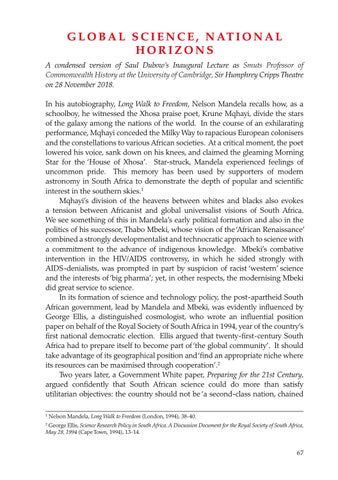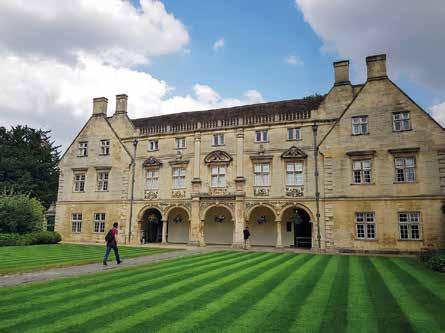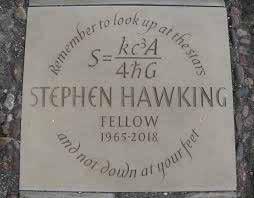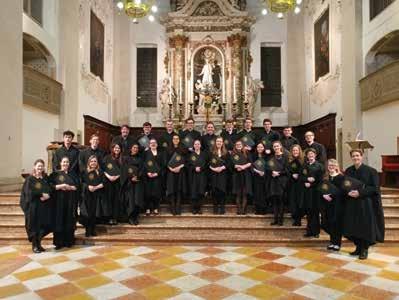G L O B A L S C I E N C E , N AT I O N A L HORIZONS A condensed version of Saul Dubow’s Inaugural Lecture as Smuts Professor of Commonwealth History at the University of Cambridge, Sir Humphrey Cripps Theatre on 28 November 2018. In his autobiography, Long Walk to Freedom, Nelson Mandela recalls how, as a schoolboy, he witnessed the Xhosa praise poet, Krune Mqhayi, divide the stars of the galaxy among the nations of the world. In the course of an exhilarating performance, Mqhayi conceded the Milky Way to rapacious European colonisers and the constellations to various African societies. At a critical moment, the poet lowered his voice, sank down on his knees, and claimed the gleaming Morning Star for the ‘House of Xhosa’. Star-struck, Mandela experienced feelings of uncommon pride. This memory has been used by supporters of modern astronomy in South Africa to demonstrate the depth of popular and scientific interest in the southern skies.1 Mqhayi’s division of the heavens between whites and blacks also evokes a tension between Africanist and global universalist visions of South Africa. We see something of this in Mandela’s early political formation and also in the politics of his successor, Thabo Mbeki, whose vision of the ‘African Renaissance’ combined a strongly developmentalist and technocratic approach to science with a commitment to the advance of indigenous knowledge. Mbeki’s combative intervention in the HIV/AIDS controversy, in which he sided strongly with AIDS-denialists, was prompted in part by suspicion of racist ‘western’ science and the interests of ‘big pharma’; yet, in other respects, the modernising Mbeki did great service to science. In its formation of science and technology policy, the post-apartheid South African government, lead by Mandela and Mbeki, was evidently influenced by George Ellis, a distinguished cosmologist, who wrote an influential position paper on behalf of the Royal Society of South Africa in 1994, year of the country’s first national democratic election. Ellis argued that twenty-first-century South Africa had to prepare itself to become part of ‘the global community’. It should take advantage of its geographical position and ‘find an appropriate niche where its resources can be maximised through cooperation’.2 Two years later, a Government White paper, Preparing for the 21st Century, argued confidently that South African science could do more than satisfy utilitarian objectives: the country should not be ‘a second-class nation, chained 1
Nelson Mandela, Long Walk to Freedom (London, 1994), 38-40.
George Ellis, Science Research Policy in South Africa. A Discussion Document for the Royal Society of South Africa, May 28, 1994 (Cape Town, 1994), 13-14.
2
67















